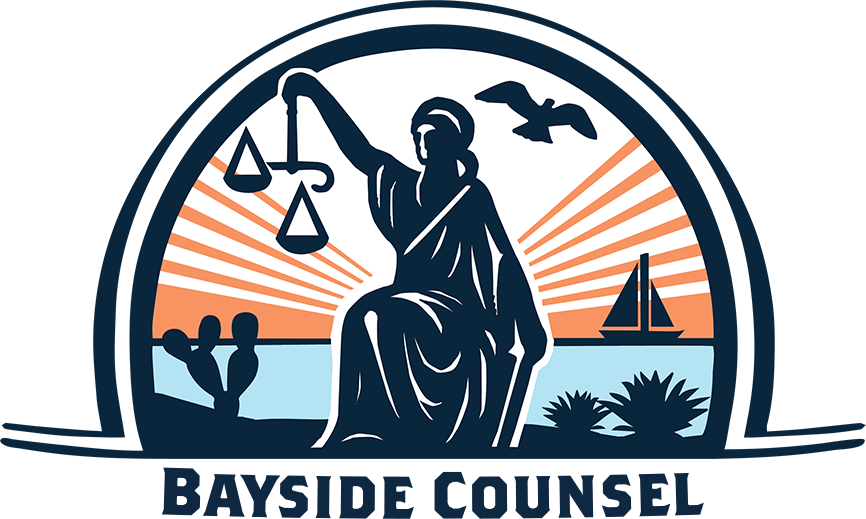As a small business owner, contracts are an essential part of your operations. Whether you’re hiring employees, engaging with vendors, or leasing commercial space, having well-crafted contracts in place can protect your interests and prevent costly disputes down the line.
At the core of every contract is a legally binding agreement between two or more parties. This agreement outlines the rights, responsibilities, and obligations of each party, providing clarity and establishing expectations. Failing to have proper contracts in place can leave your business vulnerable to misunderstandings, breaches, and legal complications.
Key Elements of a Legally Binding Contract
For a contract to be legally enforceable, it must contain certain key elements:
- Offer and Acceptance: There must be a clear offer made by one party and an unambiguous acceptance of that offer by the other party.
- Consideration: Each party must exchange something of value, whether it’s money, goods, services, or a promise to do (or not do) something.
- Capacity: All parties involved must have the legal capacity to enter into a contract, meaning they are of legal age and sound mind.
- Legality: The subject matter and purpose of the contract must be legal and not violate any laws or public policies.
Types of Contracts Commonly Used by Small Businesses
As a small business owner, you’ll likely encounter several types of contracts, including:
- Employment Contracts: These contracts outline the terms and conditions of employment, such as job duties, compensation, benefits, and termination procedures.
- Vendor Contracts: Also known as service agreements, these contracts establish the terms under which a vendor or service provider will deliver goods or services to your business.
- Lease Agreements: If you’re renting commercial space, a lease agreement will specify the terms of the rental, including the monthly rent, duration, and any restrictions or obligations.
- Non-Disclosure Agreements (NDAs): These contracts are used to protect confidential information, trade secrets, or proprietary data from being disclosed to unauthorized parties.
Tips for Drafting and Negotiating Favorable Contract Terms
While it’s always advisable to have an attorney review and draft important contracts, there are steps you can take to ensure favorable terms:
- Be Clear and Specific: Use clear and unambiguous language to define the obligations, responsibilities, and deliverables of each party.
- Include Termination Clauses: Outline the conditions under which the contract can be terminated by either party, as well as any associated penalties or obligations.
- Address Dispute Resolution: Specify how disputes will be resolved, whether through mediation, arbitration, or litigation.
- Protect Intellectual Property: If your business involves intellectual property, include clauses that protect your copyrights, trademarks, and trade secrets.
- Negotiate Favorable Terms: Don’t be afraid to negotiate terms that are more favorable to your business, such as payment schedules, warranties, or liability limitations.
Contracts are the backbone of every small business. Contact a San Diego small business attorney at Bayside Counsel today to see how we can protect your interests and minimize the risk of costly legal disputes.
